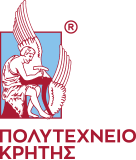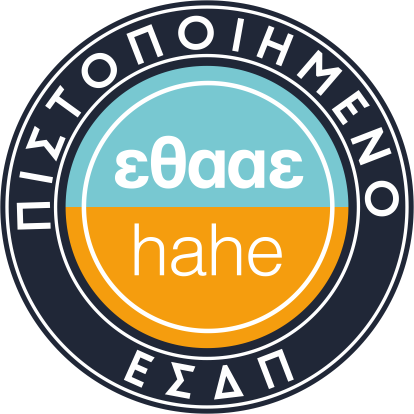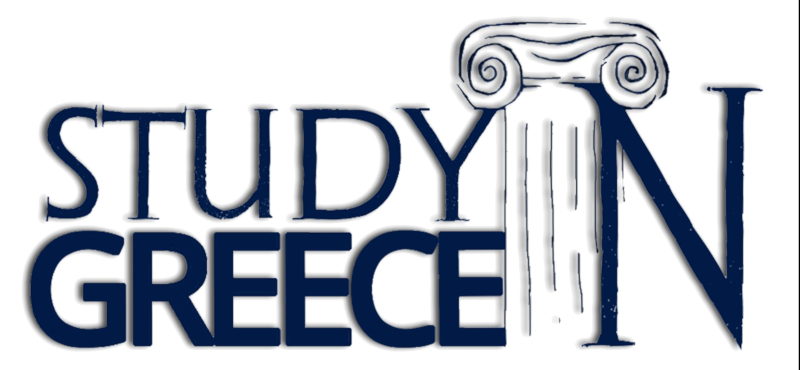Ημερολόγιο Εκδηλώσεων
13
Ιουλ
Κατηγορία:
Παρουσίαση Διπλωματικής Εργασίας
ΗΜΜΥ
 Λ - Κτίριο Επιστημών/ΗΜΜΥ, 137Π-39,-38
Λ - Κτίριο Επιστημών/ΗΜΜΥ, 137Π-39,-38 13/07/2016 20:00 - 21:00
13/07/2016 20:00 - 21:00Περιγραφή:
ΠΟΛΥΤΕΧΝΕΙΟ ΚΡΗΤΗΣ Σχολή Ηλεκτρολόγων Μηχανικών και Μηχανικών Υπολογιστών Πρόγραμμα Προπτυχιακών Σπουδών ΠΑΡΟΥΣΙΑΣΗ ΔΙΠΛΩΜΑΤΙΚΗΣ ΕΡΓΑΣΙΑΣ ΙΩΑΝΝΗΣ-ΘΕΜΙΣΤΟΚΛΗΣ ΠΑΠΟΥΤΣΙΔΑΚΗΣ με θέμα Πολικοί Κώδικες Βασισμένοι στον Πίνακα Πασκάλ για Prime-input Κανάλια Pascal-matrix Polar Coding for Prime-input Channels Εξεταστική Επιτροπή Αναπληρωτής Καθηγητής Γεώργιος Καρυστινός (επιβλέπων) Καθηγητής Αθανάσιος Λιάβας Δόκτωρ Δημήτριος Τουμπακάρης Abstract In this work, first we present the original polar codes. We describe the basic polarization effect and present an efficient recursive formula to compute the best choices for frozen bits in the case of the binary erasure channel. Both the encoder and the decoder have log-linear complexity. We highlight that, by using the same construction as in binary polar codes, we can create polarized extreme (perfect or useless) channels for any prime-input channel. Then, we indicate the characteristics of the matrices that achieve channel polarization. We present a strict method that allows us to recursively construct generator matrices based on the Pascal matrix for prime alphabets. We observe their characteristics and properties. Finally, using the above-mentioned technique, we develop a new ternary kernel and an encoder and successive cancellation decoder with log-linear complexity. We also construct formulas that efficiently calculate the optimal choice of frozen symbols for a ternary erasure channel. It is shown that our construction polarizes the capacities of the channels relatively faster in comparison to the conventional polar construction. The latter is illustrated by considering the error-correction capability of both the conventional Polar code and our proposed code and simulating the symbol error rate for the TEC.
ΠΟΛΥΤΕΧΝΕΙΟ ΚΡΗΤΗΣ Σχολή Ηλεκτρολόγων Μηχανικών και Μηχανικών Υπολογιστών Πρόγραμμα Προπτυχιακών Σπουδών ΠΑΡΟΥΣΙΑΣΗ ΔΙΠΛΩΜΑΤΙΚΗΣ ΕΡΓΑΣΙΑΣ ΙΩΑΝΝΗΣ-ΘΕΜΙΣΤΟΚΛΗΣ ΠΑΠΟΥΤΣΙΔΑΚΗΣ με θέμα Πολικοί Κώδικες Βασισμένοι στον Πίνακα Πασκάλ για Prime-input Κανάλια Pascal-matrix Polar Coding for Prime-input Channels Εξεταστική Επιτροπή Αναπληρωτής Καθηγητής Γεώργιος Καρυστινός (επιβλέπων) Καθηγητής Αθανάσιος Λιάβας Δόκτωρ Δημήτριος Τουμπακάρης Abstract In this work, first we present the original polar codes. We describe the basic polarization effect and present an efficient recursive formula to compute the best choices for frozen bits in the case of the binary erasure channel. Both the encoder and the decoder have log-linear complexity. We highlight that, by using the same construction as in binary polar codes, we can create polarized extreme (perfect or useless) channels for any prime-input channel. Then, we indicate the characteristics of the matrices that achieve channel polarization. We present a strict method that allows us to recursively construct generator matrices based on the Pascal matrix for prime alphabets. We observe their characteristics and properties. Finally, using the above-mentioned technique, we develop a new ternary kernel and an encoder and successive cancellation decoder with log-linear complexity. We also construct formulas that efficiently calculate the optimal choice of frozen symbols for a ternary erasure channel. It is shown that our construction polarizes the capacities of the channels relatively faster in comparison to the conventional polar construction. The latter is illustrated by considering the error-correction capability of both the conventional Polar code and our proposed code and simulating the symbol error rate for the TEC.













